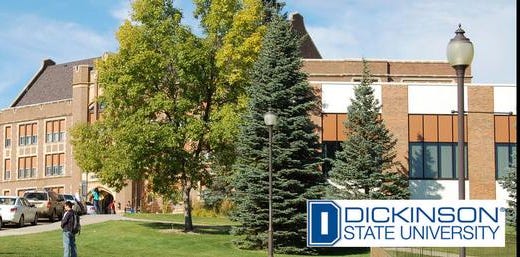Is there a legislative agenda to silence whistleblowers at Dickinson State University?
Efforts to shut up whistleblowers will only make it harder to fix higher ed and attract/retain talent.
Previously, I wrote about House Bill 1198 would “require an individual who requests an open record to provide the individual's name and contact information,” and how this is a huge departure from current law and policy. That bill is sponsored by Representative Mike Lefor, Representative Vicky Steiner, and Senator Dean Rummel - the entire District 37 de…
Keep reading with a 7-day free trial
Subscribe to North Dakota's Watchdog Update to keep reading this post and get 7 days of free access to the full post archives.



